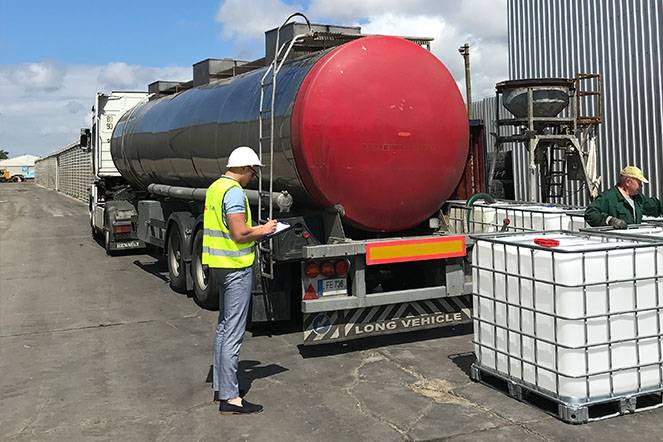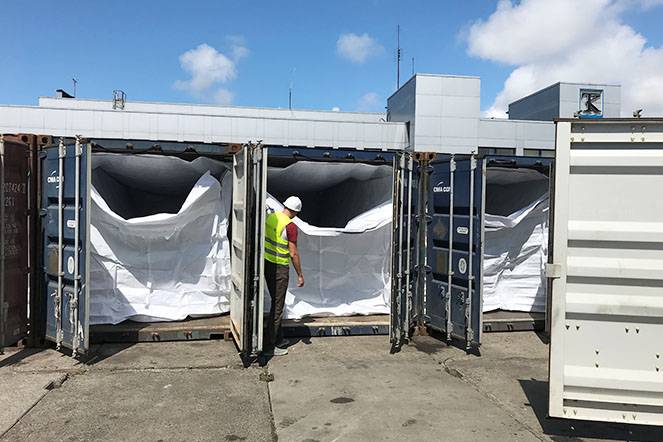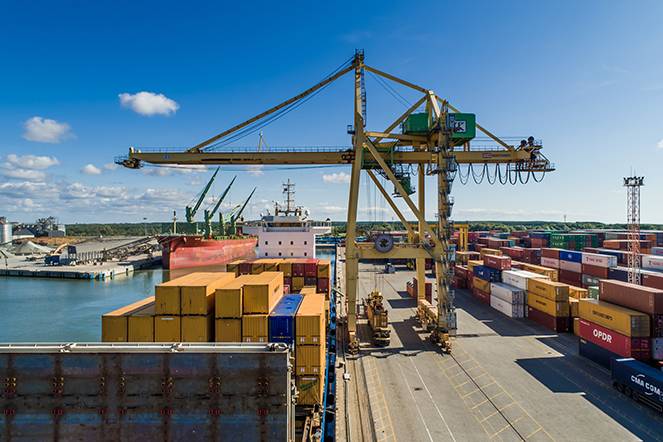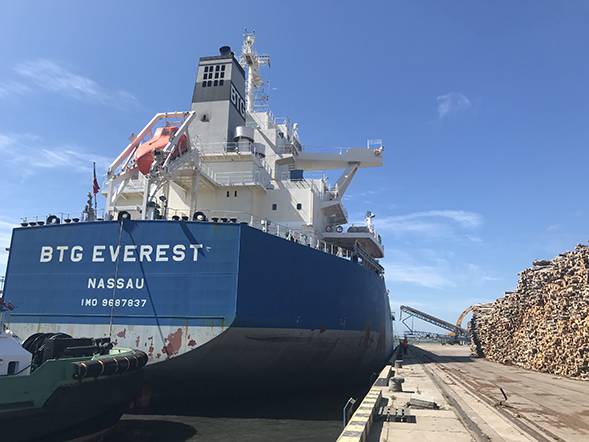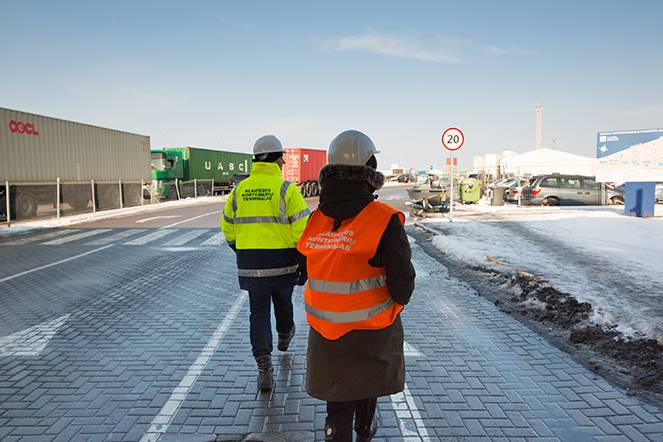Logistics bottle neck for the 2023’s – storage
2023 March, 10
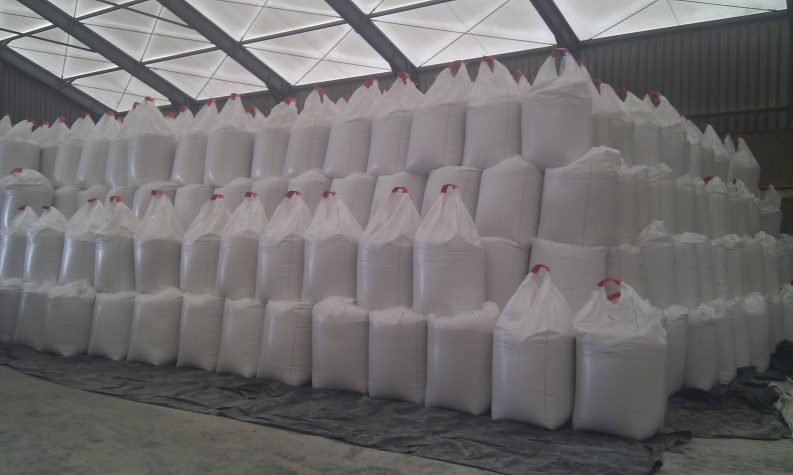
Tomas Stasytis, the CEO of our company, says that this year will not go unnoticed in the logistics business. Already there is a challenge that will not be easy to overcome: the shortage of storage space.
When Covid-19 hit the world, we saw intense changes in the market due to the sudden demand for warehousing. Last year, the need for warehouses increased at times due to the sanctions imposed on Russia and Belarus. This year, we have already seen a trend towards a shortage of warehouse space since the beginning of the year. And this is becoming a headache for logistics businesses, because in order to meet the needs of all our customers, we can no longer provide warehousing space, and we no longer have the luxury of offering a full service package. We are faced with the challenge of where to store the goods or freight transported through the Port of Klaipėda. Thus, the lack of available warehousing space becomes a bottle neck for both importers and exporters.
As far as the major Lithuanian cities are concerned, i.e. Vilnius and Kaunas. They have over 1 million sqm of warehousing space, with the biggest expansion in construction in the 2020s. The number of warehouse space looks impressive, but the newly built space was either dedicated to the internal needs of the companies or was already leased before the construction of the specific project started. The fact is that while warehouse space has been growing, it has not met the entire market demand.
In Klaipėda, the situation is no less dramatic and, especially recently, there has been a shortage of warehouse space. The approximate warehouse space in the region is around 250 000 sqm. The port city has a number of cargo terminals which have become the main artery for the import and export of goods, but many of them have warehousing space under management until at least mid-year. Waiting for storage space to become available, the logistics chain is broken and a bottle neck is created.
For import and export cargo flows through the Port of Klaipėda, this is an additional challenge, and for logistics service companies, it is yet another conundrum to offer affordable and rational solutions to customers.
This makes it difficult to implement new larger projects in western Lithuania that require more warehouse space. New infrastructure would address the shortage of warehousing space, but as everywhere, it is not clear how long this demand will remain active.
Thus, the bottle neck may be a particularly good business opportunity for some and a barrier for others. Tomas Stasytis shares his thoughts.
“TLC” is one of the companies managed by Klaipėdos terminalo grupė.

